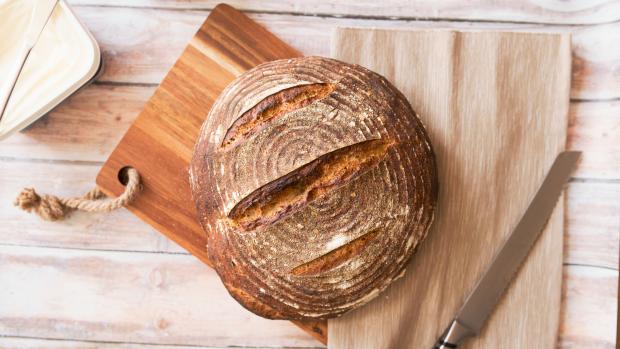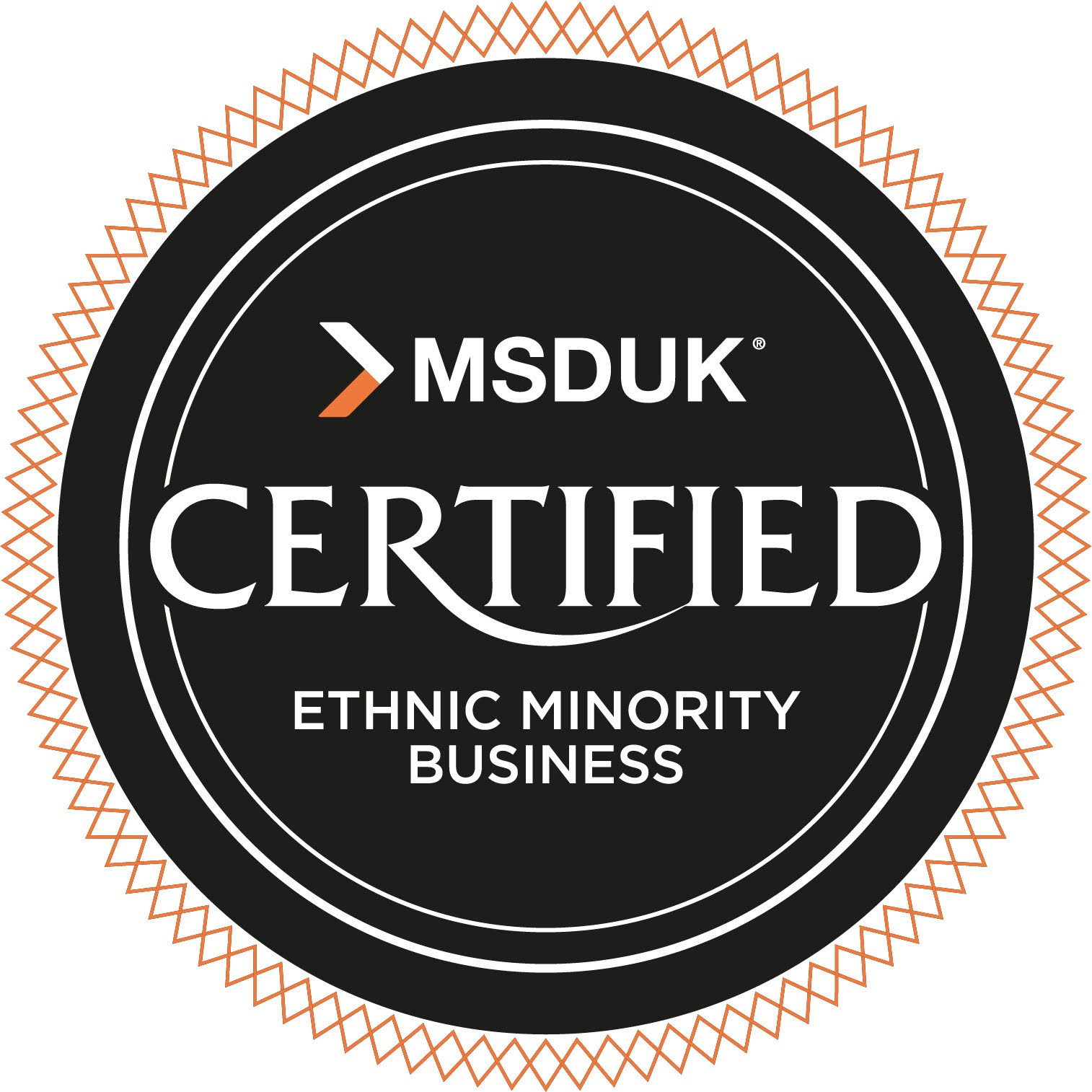
Get a Loaf of This
By AnBread. My old Nemesis... and friend. I have a love-hate relationship with bread. It’s one of those foods that I really wish I could stop eating forever. Yes, forever. I just feel like perhaps my fitness dreams could be achieved if I could just drop this calorie-packed-yet-oh-so-good carb. It is separating me from my ‘rock-hard abs’ destiny, or at least I like to tell myself that. Anyways, I digress.
In this world where everything is so uncertain, so much so that you can't even sneeze without contributing to global warming it pays to keep a lookout on things you can prevent for instance, instead of using paper for your business forms you could use our form creator to prevent the excessive use of paper, or there's the option of reusing items rather than just throwing them away, especially if its something like plastic which takes an absurd amount of time to bio-degrade.
I recently found out that one sneaky way we all probably contribute to global warming (unless of course you're gluten free then... boo) is through bread. Bread? you say. Yes.
Did you know that a SINGLE loaf of bread produced in the UK contributes as much to global warming as more than half a kilogram of carbon dioxide?
Here is an excerpt of an article from DW.com that explains this:
“A new study published in the journal Nature Plants, has analyzed the environmental impact of a single loaf of bread from seed to our daily breakfasts. Surprisingly, the greater damage to our planet occurs when our bread is only a tiny wheat grain.
Fertilizers are to blame. More precisely, the ammonium nitrate fertilizer. It alone accounts for nearly the half of all greenhouse gas emissions of bread's production chain.
But researchers insist the study does not aim at stopping us from eating bread. Rather, to motivate consumers to demand further transparency, and boost cooperation across the supply chain to achieve more sustainable products.
Bread was simply the needed hook to get the public's attention.
"Our purpose was to highlight the overdependence on fertilizers in our food system," Liam Goucher, lead author of the study and researcher at University of Sheffield told DW.
"And bread is a product in which everyone can rely very easily."
However, there is an important distinction between organic fertilizers and mineral or synthetic fertilizers.
The latter fertilizers can end up largely contributing to global warming due to the large amount of energy needed for its production and the nitrous oxide (N2O) gas released when it is degraded in the soil, the study exposes.
Bread helps highlighting in a wider context the dependence on the unsustainable use of fertilizers in agriculture, Goucher believes.”
Apparently, the issue is not bread, in general. According to my research, I learnt that, we could reduce the use of fertilizer by recycling agricultural and human waste as manure, in order to retain the nitrogen in the same cycle. We could also harness the best of organic farming by, for example, using “green manures” or rotating crops with legumes that “fix” nitrogen in the soil.
So now with this information, what can we consumers actively do, as we shouldn’t just expect that we can sit down and the people “up” there would do all the work. No, we have to also put pressure with our demand. For one, consumers could pay more for “greener bread” and refuse to patronize the brands that are not as Ecofriendly, or apply pressure to bread manufacturers to use less synthetic fertilizer. Little changes make all the difference you know.
SignTech Forms is an innovative paperless platform that converts existing forms and documents into paperless forms that can be completed on mobile devices and electronically signed seamlessly (with full data integration). For more information visit www.signtechforms.com or email expert@signtechforms.com.


